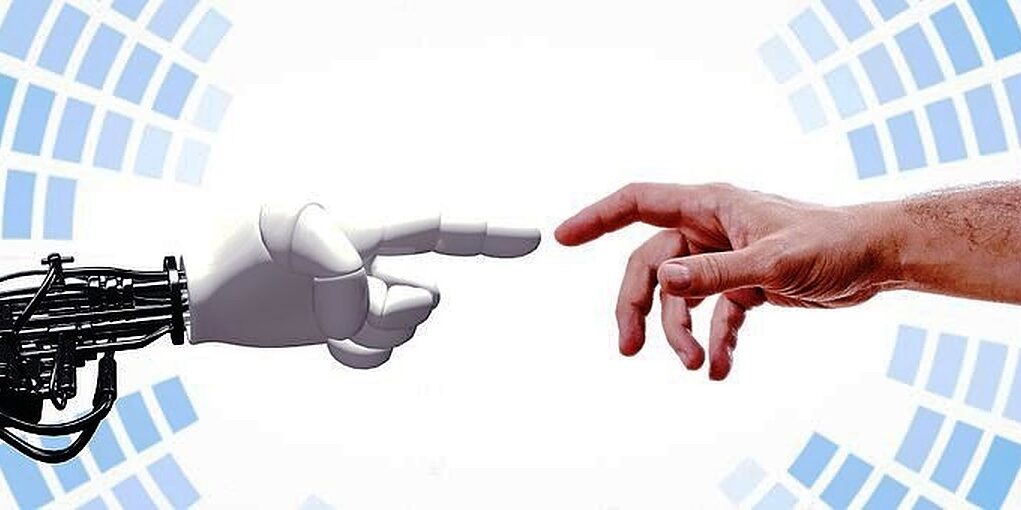Introduction
The age of automation – A time when the human contribution to repetitive functions declines dramatically is almost upon us. It’s no longer news that the development of the tech space today predicts a future where (almost) all processes (industrial and otherwise) are fully automated and robots take control.
This topic has raised certain amounts of controversies and debates among the populace today. Some believe that the rise of robots inevitably means complete doom for humans, a theory (largely) fueled by the unpredictability of advanced artificial intelligence as well as bits of science fiction. Others believe that the rise of robots will bring about positive changes to the human race, giving birth to a world where living standards are as high as can be and tedious processes (resulting in time and money wasted) are fully automated.
Regardless of which conception is plausible, all agree that the rise of robots will bring about significant changes in the global workspace. Although technology has not attained that particular milestone yet, statistics show that it is only a matter of time before it does. In this article, we look into the implications of this development on the global economy; its impact on the future of jobs globally, the road ahead, and final words regarding the rise of AI and robotics
Robots, AI and the Economy

A pew research survey involving about 2,000 experts undertaken in 2014 discovered that 48% said they expected artificial intelligence and robots would have significant impacts on the economy by 2025. According to Ruchir Sharma (the author of “The Rise and Fall of Nations: Forces of Change in the Post-Crisis World”), chief global strategist at Morgan Stanley Investment Management, the advances in artificial intelligence and robotics are far from being a threat to workers. Developments in robotics and AI could be a wonderful thing for the global economy.


From the information displayed above, it can be seen that some nations of the world, known for their advances in the field of AI and robotics (such as Japan, China, Germany, and South Korea), are all regions where the working-age populace is declining over time.
Taking Japan as a case study, the country’s population of (roughly) 125 million is the oldest globally. Almost 36.19% of the population is over 65 years, and the numbers are projected to keep increasing in the foreseeable future. Simultaneously, the younger populace is having fewer children or none at all. Some studies reveal that in 50 years, Japan’s population will reduce to half of its current numbers, a trend that has never occurred in modern history.
Insights gotten from a “CBSN Originals” report examined how technology is one of the solutions to this issue. Particularly in locations like Japan, robots are starting to perform tasks that humans are not doing either because of a decline in the workforce or because they have no desire to do them.
“The robots are coming, but they are coming only in locations where humans are naturally vacating,” added Sharma.
Robots and the future of jobs
It is the popular opinion, even among the younger demographic, that the rise of robots will cause massive job loss in the global space and render certain functions, once carried out by humans, obsolete.
Although there will be some professions where robots, automation, and AI will come and take over, insights from industry experts reveal that new career options will spring up, where humans will take on higher-order functions. While this will take a toll on some workers (like the millions of drivers in the globe to be replaced by autonomous vehicles), they believe that (just like with most occurrences) the human race will rise to the challenge and figure out a way to contribute to the economy despite some setbacks. In essence, the picture today is much more optimistic than what people acknowledge.
Conclusion
The rise of robots in the world today is one with lots of uncertainties as no one knows what the future holds. The summation of the varying opinions of people boils down to these statements.
- “What if science fiction and common myths turn out to be right? What then?”
- “Science fiction is nothing but what it sounds like, fiction.”
The truth of the matter is that a massive change is starting to take place in the world today, brought on by advances in AI and robotics. Whether that change is overall positive or turns out catastrophic is the question here, and short of building a time machine to confirm this theory, we’ll just have to wait and see what happens.
For more extensive analysis and Market Intelligence reports feel free to approach us or visit our website: Venture Capital Market Intelligence Reports | VCBay.
We try our best to fact check and bring the best, well-researched and non-plagiarized content to you. Please let us know
-if there are any discrepancies in any of our published stories,
-how we can improve,
-what stories you would like us to cover and what information you are looking for, in the comments section below or through our contact form! We look forward to your feedback and thank you for stopping by!
Next Article

































